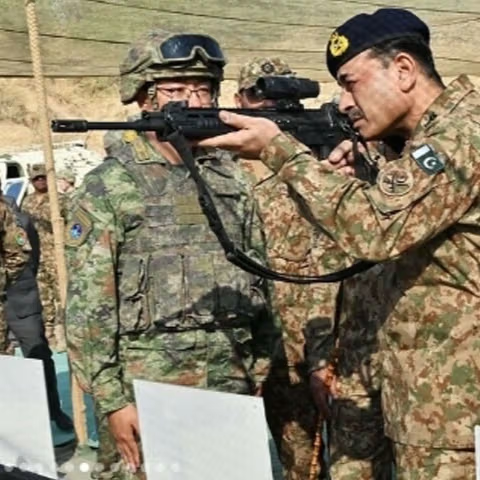In a report released this week, the FAO said Afghanistan is facing a severe and multi-layered drought crisis that poses a serious threat to the livelihoods of farming and herding communities. The findings are based on field assessments and satellite imagery.
According to the report, successive droughts have led to reduced soil moisture, a shortage of pasture, and the weakening of rural economies. Climate-driven environmental degradation has further eroded the resilience of already vulnerable communities.
The FAO said it urgently requires $34.5 million to assist 1.04 million people across 16 provinces, including Bamyan, Ghor, Herat, Balkh, Faryab, Jawzjan, Samangan, Sar-e Pul, Daikundi, Kandahar, Uruzgan, Zabul, Ghazni, Nangarhar, Paktika and Panjshir.
The report also highlighted a growing outbreak of foot-and-mouth disease among livestock. It added that rain-fed agriculture has largely failed in many areas, while irrigated farming faces increasing pressure from declining groundwater levels and widespread water shortages.
The FAO warned that the crisis could have serious repercussions beyond food production, affecting access to clean water, public health, displacement, environmental protection, and the reintegration of returnees.

